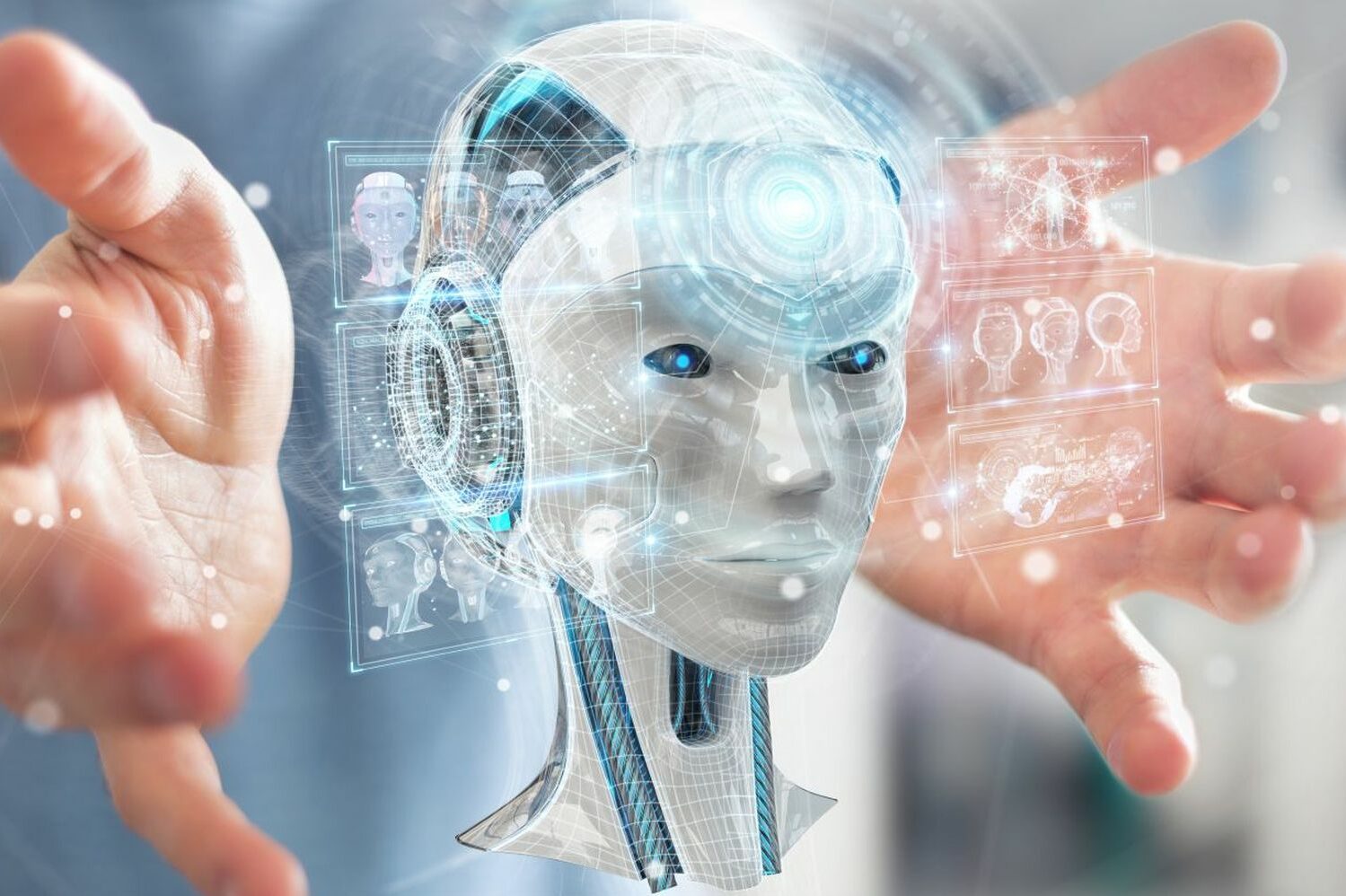
M.Sc. Artificial Intelligence Systems
The new professional figures formed through the Artificial Intelligence Systems programme from University of Trento will develop an expertise that will put them at the forefront of innovation in the conception, design and development of intelligent systems. At the heart of our teaching idea is the adoption of multidisciplinary approaches and applications.
Degree awarded
Master of Science – “Laurea Magistrale” – in Artificial Intelligence Systems
Workload
120 ECTS
Duration
2 years
Starting Date
September each year
Tuition Fee
EU:
340€-3,400€*
Non-EU:
1,000€-6,500€**
Location
Trento, Italy
*Fee range based on personal income and merit.
**Fee range based on merit only, i.e. score in the application evaluation.
About the programme
The teaching program of the two-year master degree in Artificial Intelligence Systems (AIS), delivered in English, includes courses in the following foundational and related areas of artificial intelligence:
- Knowledge representation, automatic reasoning, planning, machine learning, human language processing and technology, human-machine interaction;
- Industrial and service robotics, advanced techniques for perception, decision, and execution of robotic actions in complex and unstructured environments, optimization and deployment of AI-based software solution on existing robotic platforms;
- Signal acquisition, processing, and interpretation of speech, images and videos, artificial vision and applications;
- Cognitive neuroscience, cognitive and brain architectures, and their applications to artificial intelligence models;
- Legal and ethical principles, laws and its applications to the design and application of artificial intelligence systems;
- Business and economic processes, for the organization, management, and innovation of products and services based on artificial intelligence systems.
The courses provide students with substantial laboratory activities and hands-on experiences, projects, seminars by researchers and industry leaders, and internship opportunities.
The program encourages students to improve their communication skills, autonomous learning is considered essential in a professional profile that needs to cope with continuous research and innovation in artificial intelligence.
Career Opportunities
Graduates in Artificial Intelligence Systems hold high-profile scientific, technical, and/or managerial roles in contexts that require in-depth knowledge of the Computer Engineering disciplines with particular reference to systems based on artificial intelligence. Graduates can work in research, design, development, engineering, production, innovation, operation and maintenance, management of artificial intelligence solutions and technologies, and their applications in sectors ranging from the automation of complex corporate processes, mobility, management of services to citizens, finance, health, and the environment.
Thanks also to the academic offer that favors a significant laboratory activity in various applications and industrial domains, the employment opportunities typical for graduates in Artificial Intelligence Systems are relevant both to the business operating sectors and to the research and development centers, in particular:
- Companies related to design, development, engineering, production, and operation of intelligent solutions and systems and their applications;
- Manufacturing companies, agro-food companies, companies operating in the private sector, sectors of public administrations, and service companies in which computer systems based on artificial intelligence are used;
- Companies interested in the acquisition, processing, processing, and transmission of information (data, voice, images, and video);
- Manufacturing and logistic companies using robotics and automation, industrial companies developing state-of-the-art robotic solutions, companies producing bio-medical devices that aim to extend their range of products toward assistive robots, solution providing for self-driving autonomous cars;
- Companies operating in the field of design and development of embedded systems and digital platforms for autonomous and intelligent systems;
- Companies in different sectors, which need skills for the development and use of systems based on artificial intelligence to support internal organization, production, and marketing;
- Companies in the services and advanced tertiary sectors, operating in particular in the areas of design, supply, maintenance of services provided via telematic networks, the internet, and the web;
- Manufacturers and/or users of computer components and systems;
- Companies that provide facilities and services for IT systems and networks;
- Software engineering companies;
- Public and private research and development centers.
The Master’s Degree can either give direct access to the labor market or to the third-cycle studies (Ph.D. degree) and second-level university masters.
Admission
Application deadlines
(check online for updates)
- March for NON-EU citizens permanently living abroad
- June for EU students and NON EU students living in Italy
Requirements
- To have a first-level university degree, or another qualification obtained abroad and recognized as valid, belonging to the following classes of related disciplines and D.M. 270/04 (in brackets indicates the class corresponding to the Ministerial Decree 509/99):
- Information Engineering ─ L-8 (9)
- Industrial Engineering ─ L-9 (10)
- Computer Science ─ L-31 (26)
- And to have completed in their first-level degree at least 12 credits in the sectors INF/01 or ING-INF/05;
- Or to hold a first-level university degree in other classes of related disciplines which includes at least 36 CFU in 6 credits in CHIM/03, CHIM/06-07, FIS/01-03, MAT/01-09* OR SECS-S/01 and at least 12 credits in the sectors INF/01 or ING-INF/05.
- Academic curriculum
- English language knowledge
- Curriculum Vitae
- Statement of purpose
How to apply
Please get in touch to receive instructions about the application process.












